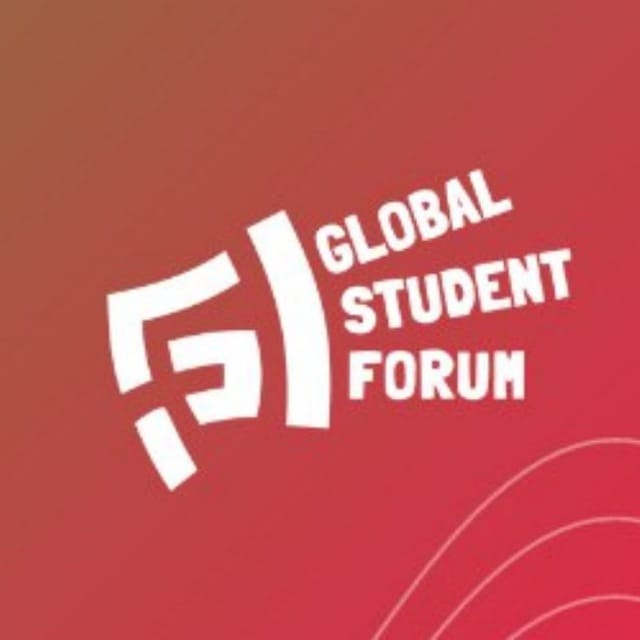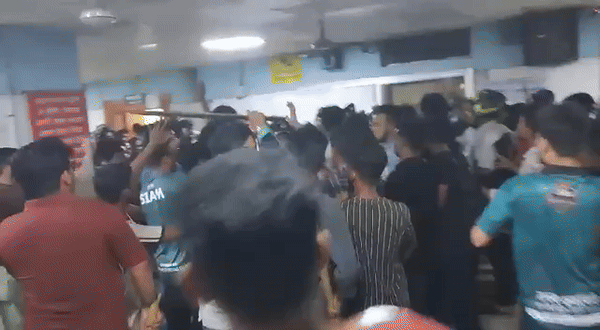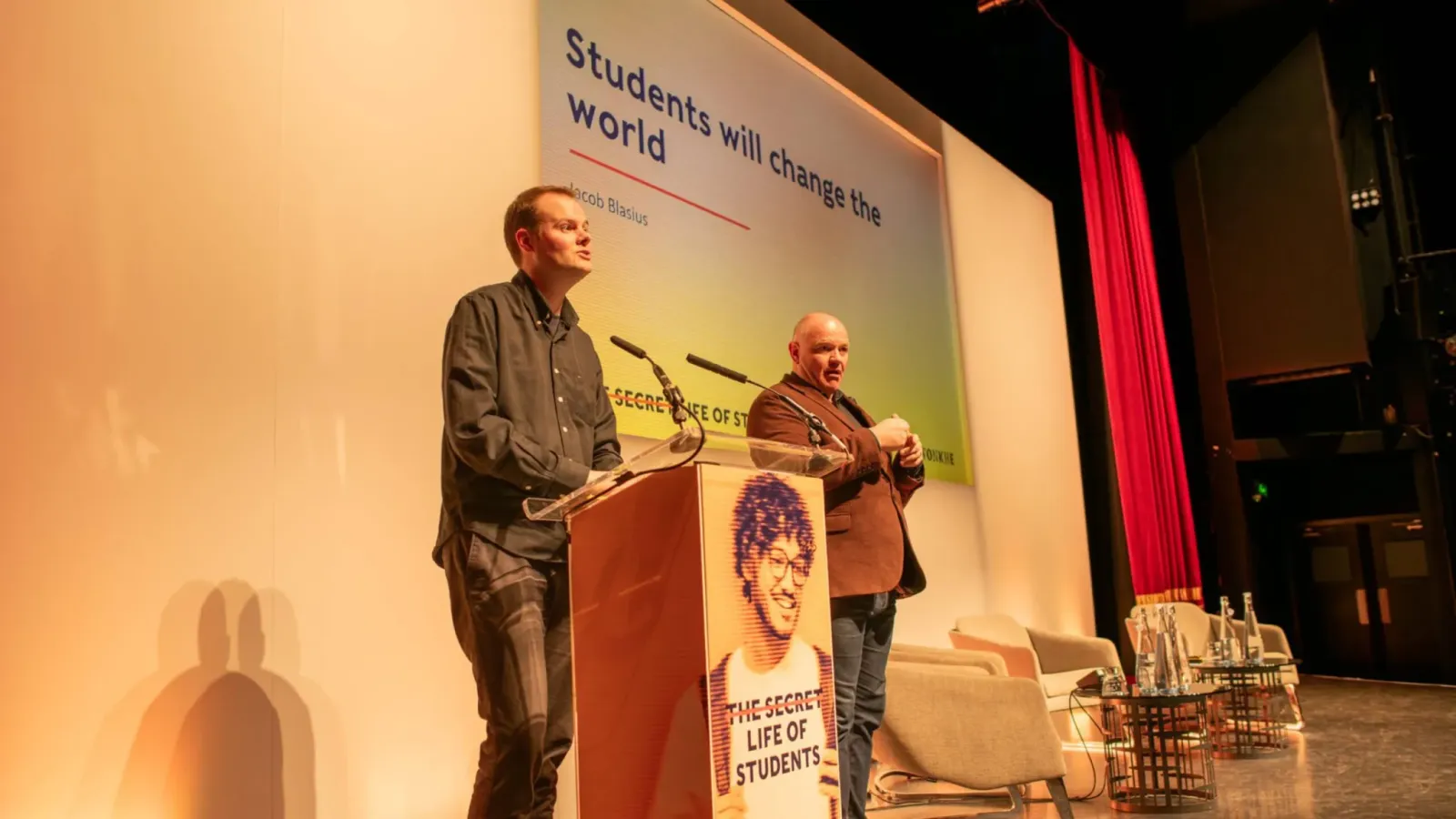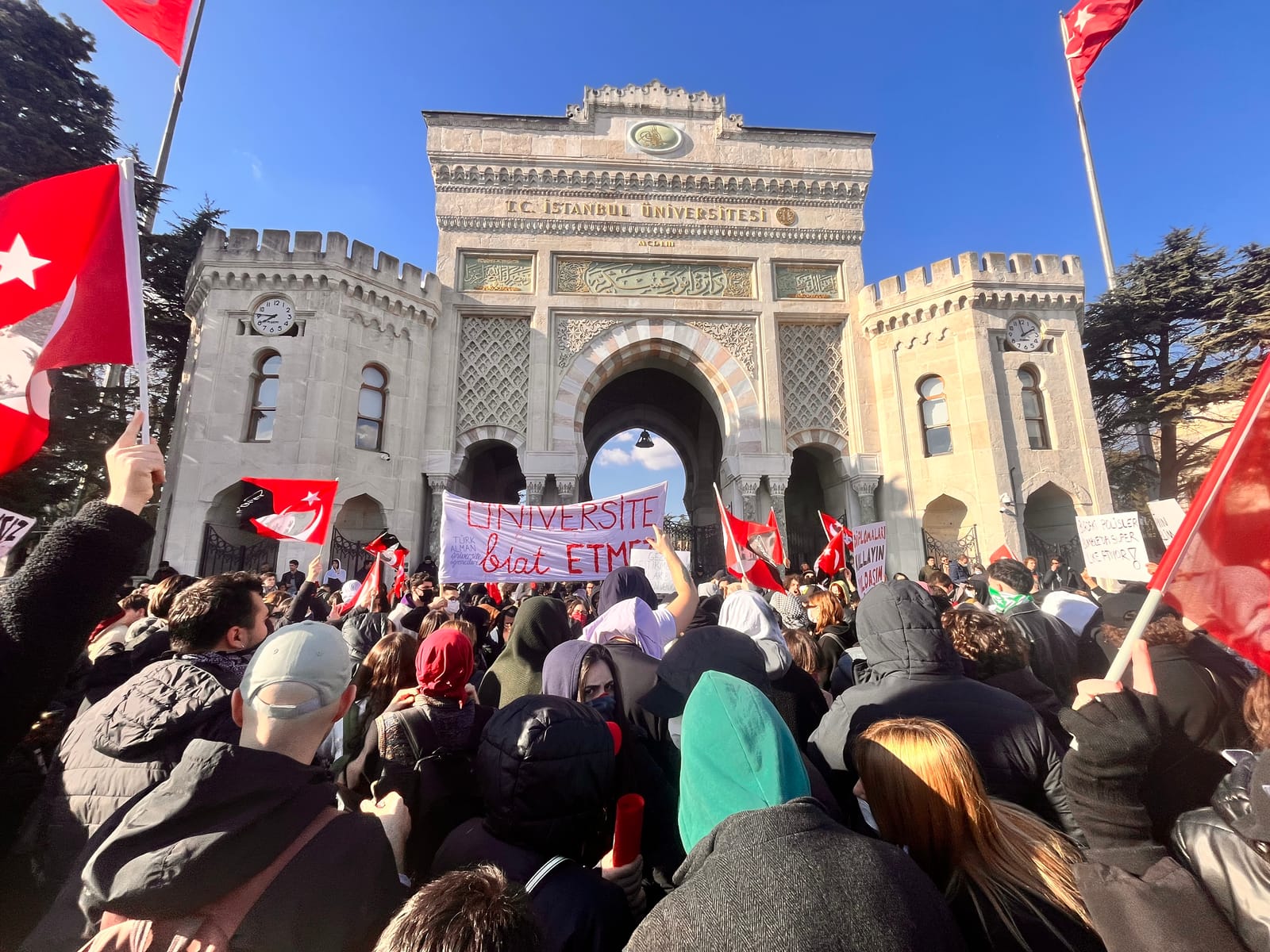Recent events in Bangladesh have seen violent confrontations between supporters of the ruling party and students protesting against the quota system for government jobs. This quota system, which reserves a significant portion of civil service positions for specific groups, including the children of those who fought in the 1971 War of Independence, has been criticized for disproportionately benefiting pro-government groups.
We condemn the actions of those responsible for the violence that has resulted in over 100 students being injured, with 20 students in serious condition. The peaceful protests, organized by students demanding a fair and merit-based job allocation system, were met with brutal force, including the use of sticks, machetes, iron rods, and bricks.
The impact of this violence on students is profound, affecting their right to quality education and academic freedom, human rights, and living conditions. Students are being deprived of a fair chance to secure government jobs based on merit, and instead, the system perpetuates economic inequality and political favouritism.
We urge the Bangladeshi government to take immediate action to:
- Ensure the safety and security of all students, protecting their right to peaceful protest without fear of violence.
- Conduct a thorough investigation into the attacks on protesters and hold those responsible accountable.
- Reform the quota system to promote meritocracy while safeguarding the interests of disadvantaged groups, including ethnic minorities and disabled individuals.
- Engage in dialogue with student representatives to address their concerns and work towards a more equitable solution.
GSF will continue to monitor this problem and take appropriate action to defend students' rights and well-being. We ask our partners and constituents to join us in addressing this issue and pressing for a more equitable system for all students.
In solidarity with the students of Bangladesh, we reaffirm our commitment to promoting equality, justice, and the protection of student rights globally.








